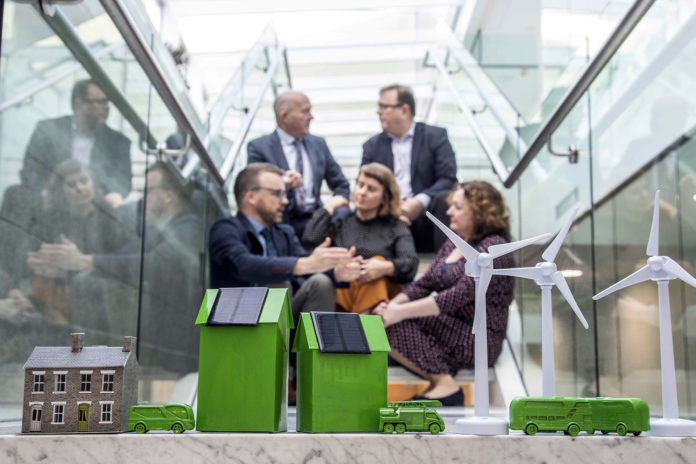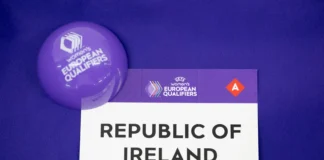
An ambitious master plan designed to encourage sustainable energy use and stimulate enterprise and job creation in Cork city and county has been unveiled by Energy Cork.
Cork’s Energy Master Plan, prepared by the cluster with support from the SEAI’s Sustainable Energy Communities initiative and with the co-operation of a range of Cork stakeholders including Cork County Council and Cork City Council, provides a unique overview of how Cork uses energy and a newly prepared roadmap for energy sustainability in the region.
Borne out of Cork’s Energy Master Plan, Energy Cork has developed the Growth Through Climate Action project which could lead to the creation of at least 55 local jobs in new and existing companies operating in the climate action space, foster RD&I links between start-ups and micro-businesses with larger industries, and empower businesses in Cork to become a driving force in the low-carbon transition.
2030 target
The main aim of the Cork Energy Master Plan is to reduce the amount of energy used in Cork by more than a third (34.6%) and increase the renewable energy contribution by more than a half (53.5%) by 2030.
These targets, Energy Cork believe, can be achieved through introducing a series of proposals including the medium energy retrofit of 75% of all homes in Cork, and the energy retrofit of commercial and non-residential premises to deliver 40% energy demand reduction.
In order to achieve these ambitious targets, Energy Cork hopes to inspire and enable Cork businesses to become leaders in climate action.
Energy Cork is currently seeking funding to implement the Growth Through Climate Action project through the Regional Enterprise and Development Fund from Enterprise Ireland.
Commenting on the Energy Master Plan, Prof Tony Day, Director of Energy Champion Director of the IERC at the Tyndall National Institute said: “The climate emergency is the defining challenge of our age. Cork’s Energy Master Plan sets out a vision for how this region can respond to the challenge and demonstrates the opportunities for new jobs and businesses.
“These new opportunities bring huge bonuses of reduced carbon emissions, better energy security and improved living standards.”







